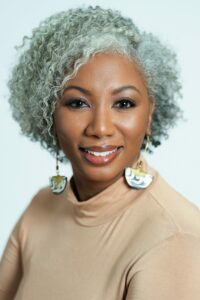
Today we’d like to introduce you to Chenee Joseph.
Hi Chenee, can you start by introducing yourself? We’d love to learn more about how you got to where you are today?
I am a passionate community developer with a deep need to see altruism transform communities for the good of the whole. As an avid culture curator, I aim to weave in the rich teachings, arts, and culture of the African Diaspora in many of our projects, so you’ll see a common theme there.
I got my start working for Atlanta Housing Authority (AHA) and have several years of project management, community, and real estate development experience. As the President and CEO of the Historic District Development Corporation (HDDC), I consider myself privileged to serve Atlanta’s oldest surviving community development corporation that has spearheaded nearly four decades of pioneering urban revitalization work in Atlanta’s Sweet Auburn neighborhood.
I began with Historic Development District Corporation (HDDC) as a community engagement intern. That experience exposed me to community development in a very purposeful way. During that time, the organization was led by Atlanta luminary Mtamanika Youngblood by the appointment of co-founder Dr. Coretta Scott King.
Can you talk to us a bit about the challenges and lessons you’ve learned along the way. Looking back would you say it’s been easy or smooth in retrospect?
There have been many challenges along this road from being in a male-dominated industry to being a person of color tasked with ensuring fair and equitable decisions are set aside in the preservation of Atlanta’s rich Black History.
Not only that, I’ve been one of the youngest to be tasked with such a role in such a prominent city, which also has its set of unique challenges. However, every challenge faced helped me to discover my strengths and natural talents that aids in my success.
Appreciate you sharing that. What should we know about Historic District Development Corporation (HDDC)?
Community Development work is about creating and assessing housing needs and revitalizing projects within a city. We typically work with city planners in surveying and tracking needs and establishing plans for implementation after getting community input.
Being charged with protecting and preserving historic Sweet Auburn and its prominence and importance to Atlanta and America’s expanded history is quite an honor I don’t take lightly. I serve those typically marginalized that have seen disinvestment threatening the legacy of the neighborhood and its residents for some time.
But to see our projects come to fruition, such as Front Porch and Herndon Plaza, is a reflection of the tenacity of our organization. Developments such as Haugabrooks art gallery and events space and the Old Fourth Ward Water Tower (Atlanta’s oldest surviving water tower located next to the entrance of the Eastside Beltline trail) offer amenities that are also unity hubs in our community. To see residents enjoying the spaces we have created validates all of the hard work we put into what we do every day.
We’re undertaking some of the district’s most significant initiatives to expand access to affordable housing and sustainable living, first with the groundbreaking of Front Porch on Auburn, an affordable housing development located on historic Auburn Avenue. This 100,000-square-foot mixed-used sustainable project will include co-living apartment units with affordable retail and commercial space on the ground floor, a rooftop garden, and an art gallery.
I make sure to include elements of sustainability in all revitalization projects to benefit the residents and ensure value to the neighborhood as a whole.
Have you learned any interesting or important lessons due to the Covid-19 Crisis?
For us, there were several valuable lessons from the pandemic that we adhere to this day as an organization.
Lesson #1: Stay Vigilant. No one was prepared for the pandemic, and unlike many of our business counterparts, our business is primarily a people-to-people business. COVID taught us to stay in preparation mode even if one doesn’t exist. The reality for black communities is that what happens at a macro level compounds on a micro level for our communities.
Lesson #2: Loneliness is real. We had to get creative with our community engagement through webinars, for example, to discuss available resources, address needs, provide assistance, and even absorb rent for our residents or connect them to organizations that could help them with rent, etc.
Lesson #3: Community Unity is Necessary. We were able to make practical use of our community resources, using them as re-engagement centers for our residents. We made use of our Haugabrooks event space available, including our signature water tower for exercise and yoga classes, which was a bolster to our unified community.
Contact Info:
- Website: www.hddc.org
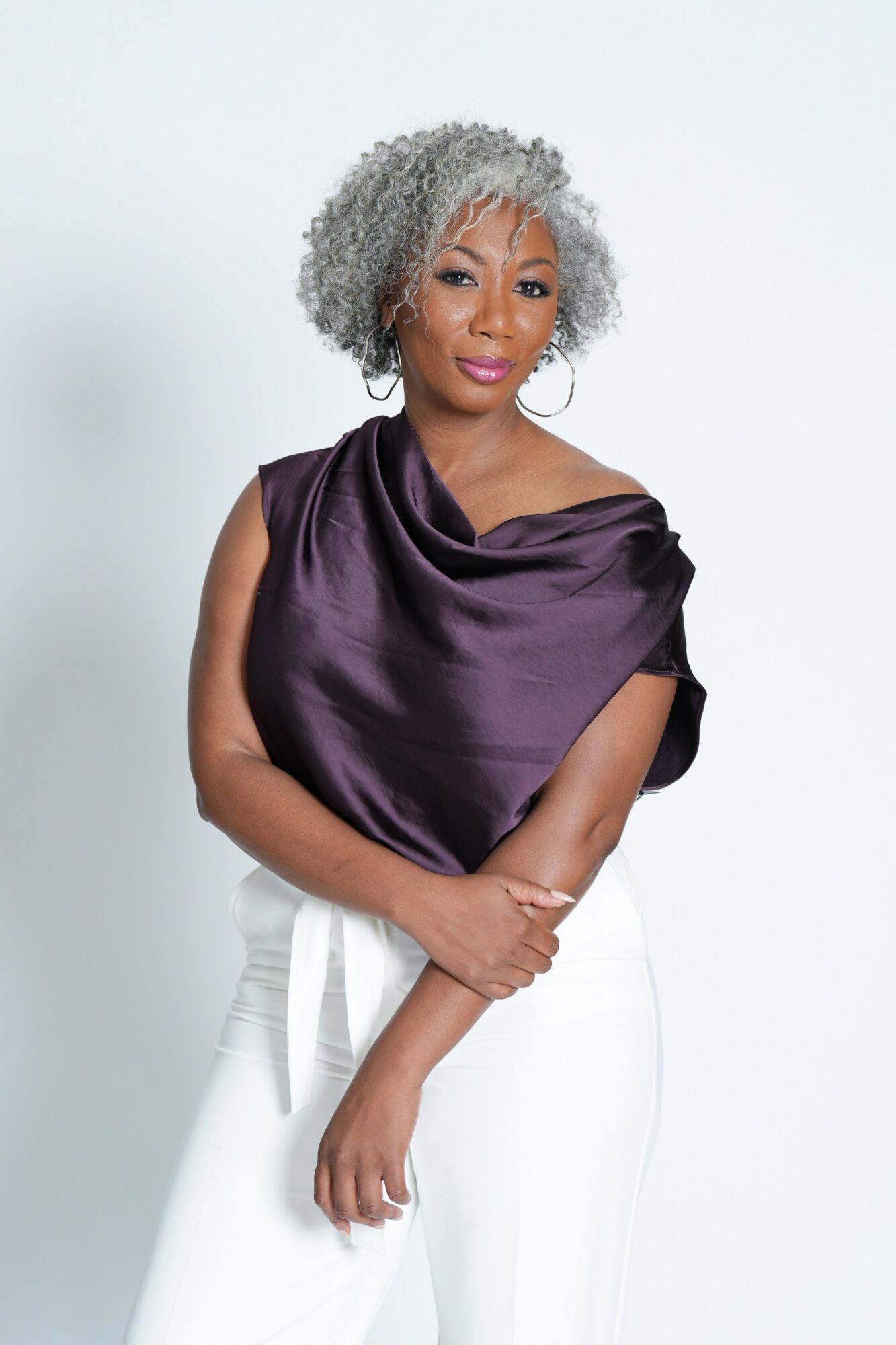

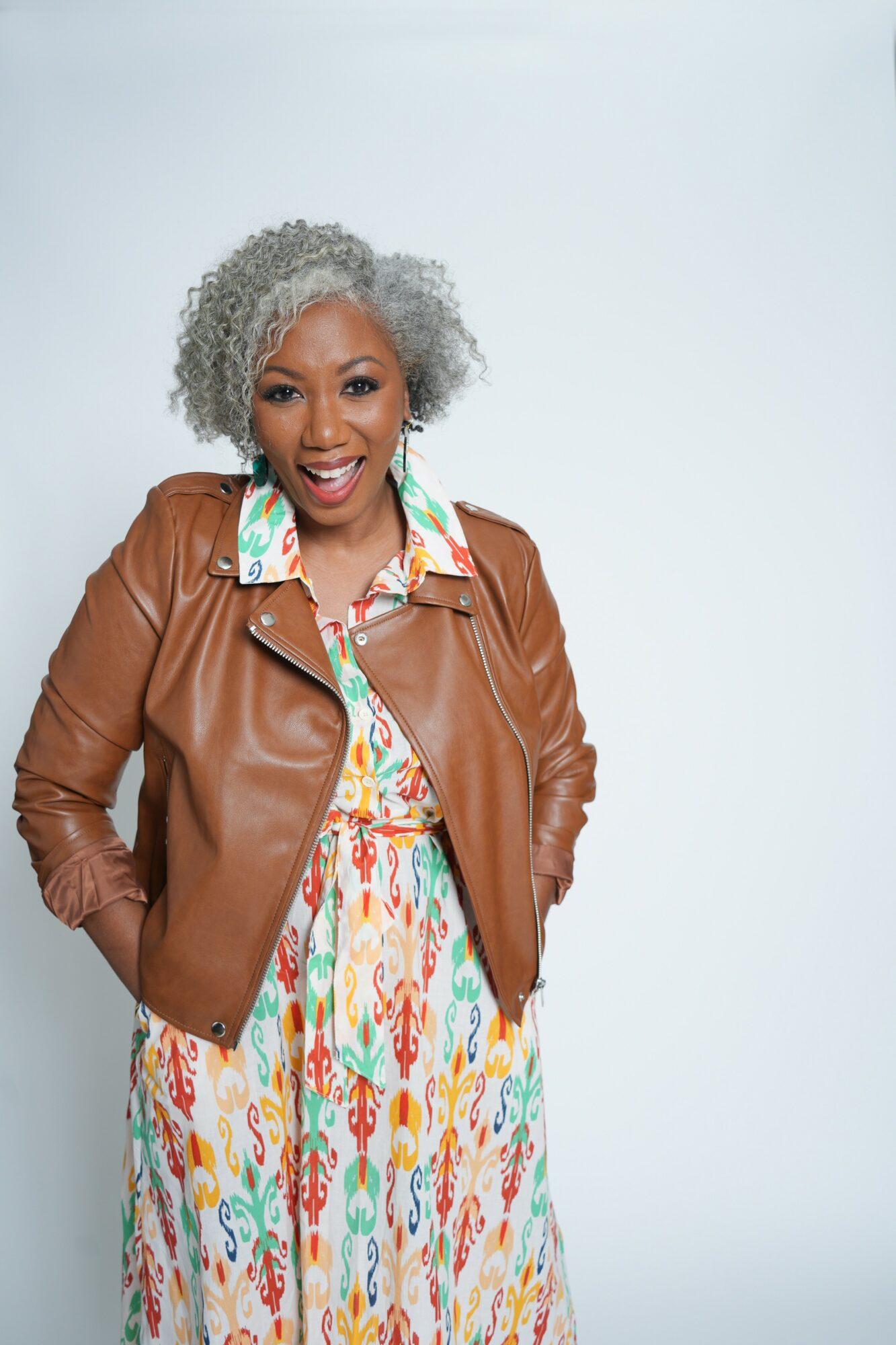
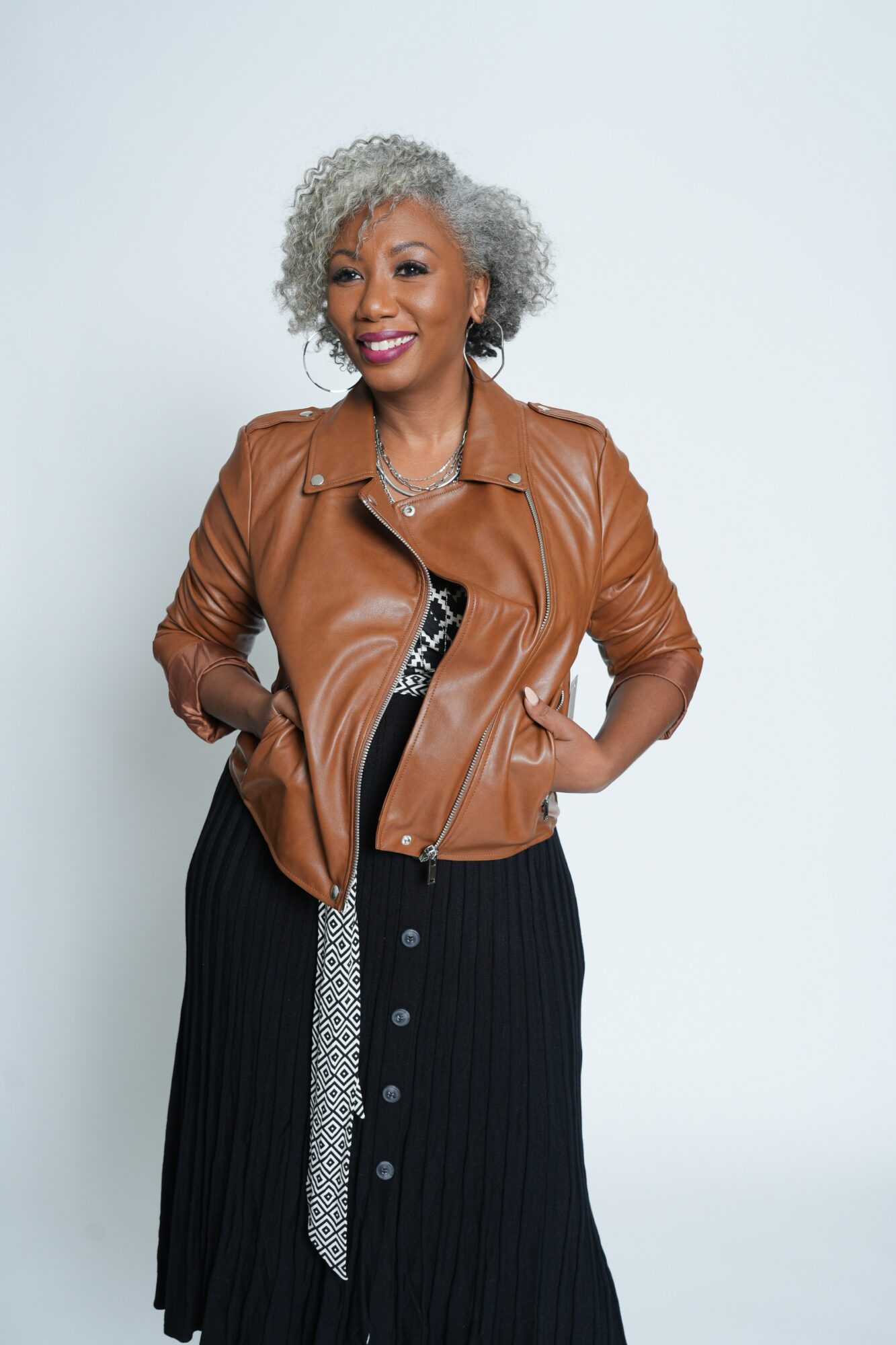
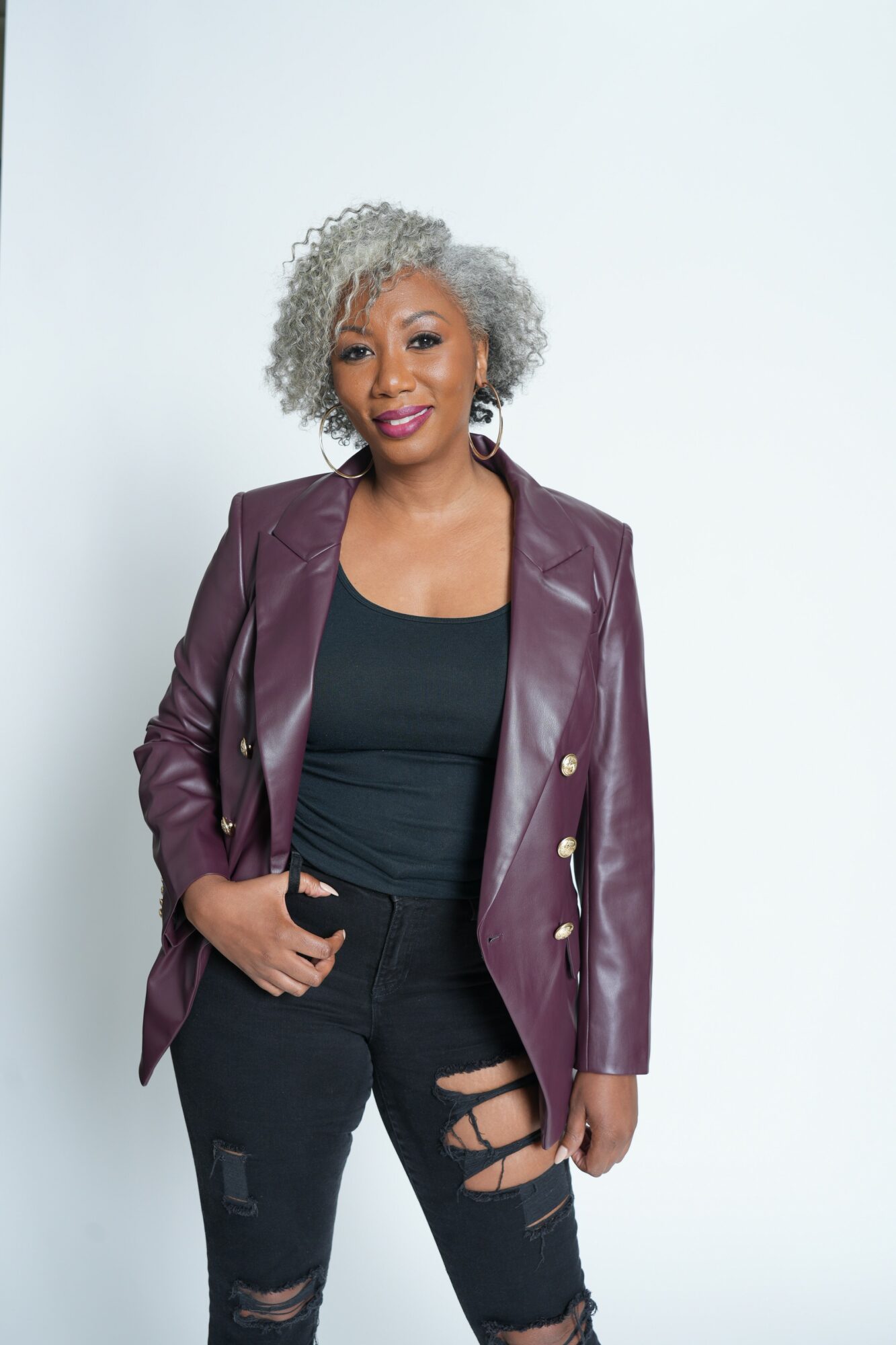
 Image Credits
Image Credits
Chenee’ Joseph













